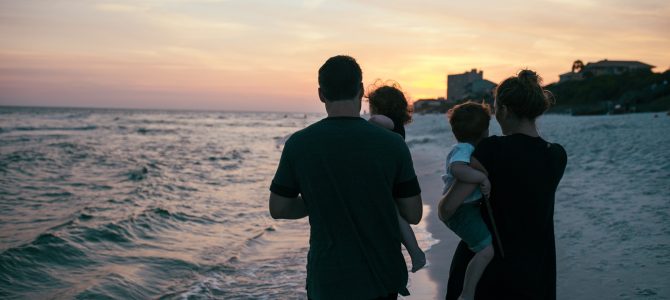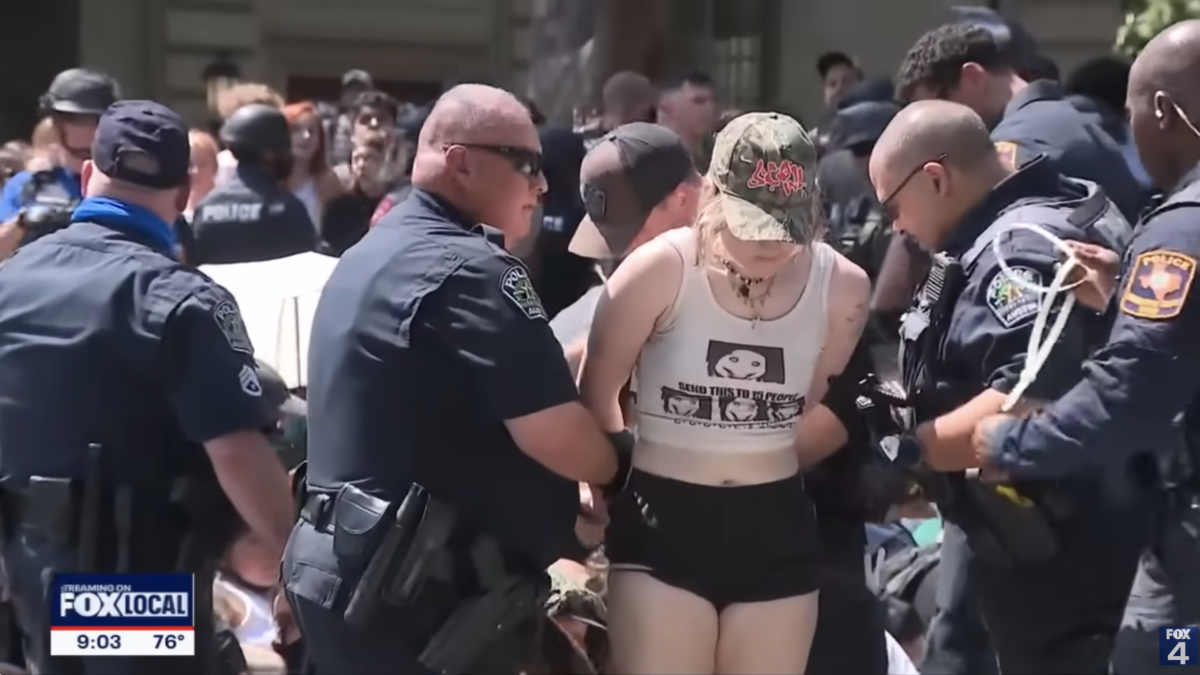
I am going to put this simply: we have a foster care crisis in the United States. There are more than 100,000 children available for adoption in our nation’s foster care system. This means their parents have had their rights terminated and you can immediately begin the adoption process. Approximately another 300,000 have been removed from their homes and placed into foster care homes across the country.
Unlike most countries, the United States doesn’t have orphanages. We have a network of homes in every state across the country that take in these children. These foster families love and nurture these kids in times of crisis rather than leaving them to an institution. That’s how orphan care works in the United States.
I issue a challenge to those of us who are conservative and consider ourselves pro-life: children in our nation’s foster care system were most likely at high risk for being aborted. They are from abusive or unstable relationships, impoverished families, or other variables that often lead women to terminate pregnancies. Yet these mothers chose life.
If you, like me, believe in the right to life, then that belief must apply after these children are born, not just when they are in the womb. As pro-life conservatives, it is our civic and moral duty to care for these abandoned and abused children.
Your Love Can Help Heal Kids’ Wounds
My husband and I went through the 30 hours of training to become foster parents this spring, and were placed with a sibling set in May. When we told people we were in the process of becoming foster parents, rarely did we hear sweet stories of children who were transformed by being in a loving home or a smooth adoption process. We did hear horror stories of someone whose dog groomer’s cousin (or some other slight acquaintance) had a foster child who burned down their home, killed their pet, or some other horrific tale. I bet most people who have taken the leap into this world would tell you they heard similar stories.
These children do have struggles. They have been abused, neglected, or both. They most likely had police officers remove them from their homes in what I can only imagine was a terrifying scene, and then were placed into the care of strangers. That would be difficult for anyone, and understandably with children it causes them to act out. They often cannot process the complex emotions that come with being placed into foster care.
These conflicting feelings would be difficult for most adults to comprehend. The feeling of safety when food is readily available or the relief when adults don’t hit you is often balanced out by the anxiety of new rules and routines and the fear of not knowing where your parents are or when you’ll see them again.
While this makes foster parenting hard, you will receive a lot of help with these and other sorts of issues when they arise. Your state or private agency will provide you with free therapy and resources that will help you immensely. What we found in dealing with our own kids’ trauma and neglect is that parental love, given unconditionally over time, begins to heal these wounds.
Meet My Friend Natasha
My husband and I also are involved in our church’s young adult ministry. One of the amazing people who come to the young adult group at our church is a woman named Natasha. She was placed into foster care as a young teen, where she passed through several foster homes before finally finding one where she received the love and nurturing she needed. In this home she grew into the strong and determined young woman I have come to know and admire.
Now in her late twenties, Natasha is preparing to be formally adopted by those same foster parents who helped her thrive. By adopting her as an adult, these foster parents are enabling Natasha to have the same rights that biological children would have. This means that she will be able to inherit from them and have the authority to care for them when they grow old.
Their love for her has developed into her passion for helping children just like herself. Now a young professional, Natasha has dedicated her career to helping children in foster care get the assistance and counseling they need as they navigate the emotions and challenges that come from being removed from their homes.
How many other Natashas are out there? How many lives can you change by taking in a child who will in turn make the world a better place because you were a positive influence in their life?
Far too many people don’t adopt through our nation’s foster care system because they want to be guaranteed an infant or they think these children will be too damaged to ever function normally. On the first concern, let me explain that as foster parents, you get to decide which ages you want to work with. If you’re not comfortable parenting teenagers (yet) you can tell your social services agency the ages of children you feel you are ready to parent.
I have been amazed personally after hearing stories from longtime foster parents since joining this incredible group of people. Love can do amazing things in the life and development of a child. Depending on what your child went through, it may take more time, but loving them consistently and unconditionally rights so many of the wrongs that were done to these innocent children.
Yes, We Get Attached, and That’s a Good Thing
Another common objection, one that’s a big pet peeve of mine, is when someone replies, “Oh I could never do that. I would get too attached. It would be too hard.” I generally smile and nod, when what I want to do is scream, “You think we don’t get attached? What, are we dead inside?” I will say this now to all the people who were thinking this to themselves as they began to read this article: You will get attached. It’s inevitable. And you know what? These children deserve someone who will be attached to them and will invest in them emotionally.
Imagine for a moment that children in foster care were only placed in homes where the foster parents did not get attached to these precious souls. Is that what is best for them? Of course not! But people like you and I must suffer the pain and sadness when and if these children are to return either to their parents, suitable relatives, or a permanent adoptive placement. You can handle it in the long run, and these children deserve someone who cares deeply for them.
Another response I often hear is: “Oh, wow, it’s amazing that you do that. It’s such a great calling.” We have a crisis on our hands. States like North Carolina in particular are in desperate need of more foster parents for their overflowing system. It can’t be a calling anymore.
It is imperative that we get over our fears and doubts and step into the gap for these children. They need capable and passionate people who will keep up with their appointments and answer their questions with grace and compassion. They need people who will sob when they hear that they are going to be moving to another placement. They need you. They need me. They need all of us.
For those who have been considering adoption, I urge you to look at adopting through our country’s foster care system. Unlike private adoption, which can cost tens of thousands of dollars, the cost of adopting out of foster care is nearly free. Dave Thomas, the founder of Wendy’s, has a foundation that helps those who are looking into adoption through foster care. I encourage you to check them out and give your local agency a call. You can also look up the agencies in your state and how to get started towards becoming a foster parent by heading to Adopt U.S. Kids.
Please join me in standing in the gap for these kids and being their voice and loving them in a way that heals their hurts and potentially changes the course of their lives.









